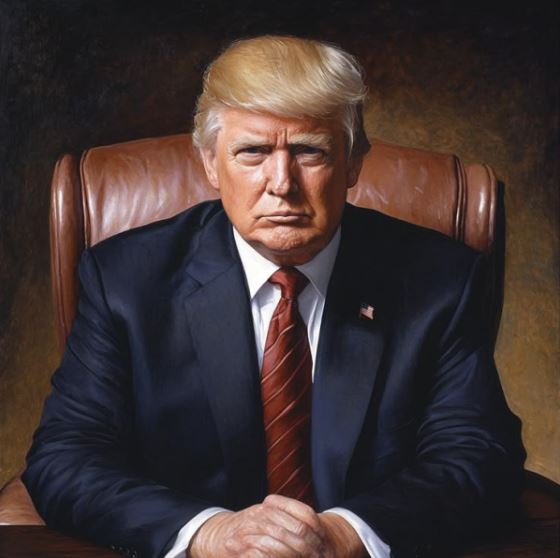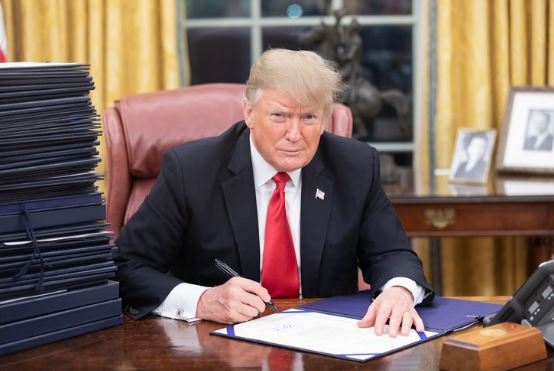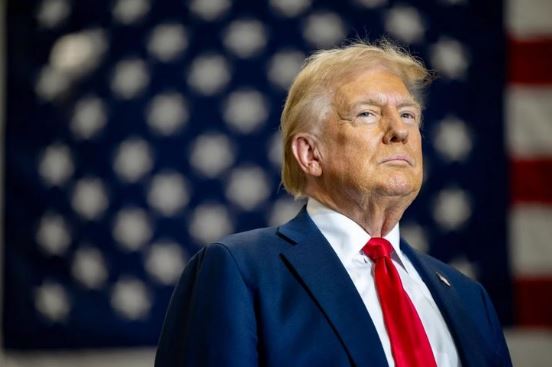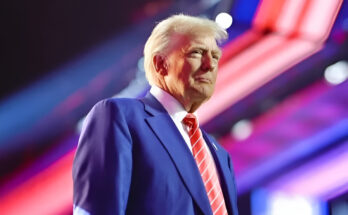Trump’s latest executive order increases presidential power.
Experts believe that Donald Trump’s decision to take a step that previous presidents of the United States have avoided is a move that has the potential to dramatically expand his authority.
During his second term, the president has rapidly issued multiple executive orders. These include renaming the Gulf of Mexico to the Gulf of America, imposing tariffs on Canada and China, and enforcing restrictions on transgender women’s participation in sports.

Earlier this month, he created the White House Faith Office, replacing the previous Office of Faith-Based and Community Initiatives. He also banned paper straws in federal procurement and revoked mandates requiring schools to administer the Covid-19 vaccine.
In a February 18 executive order, 78-year-old President Trump placed autonomous government agencies under White House supervision.

Its Implications for Non-Governmental Organizations
Under the order, regulatory agencies like the Federal Trade Commission (FTC) and the Securities and Exchange Commission (SEC) must submit draft regulations for presidential approval instead of approving them independently. Additionally, these agencies are expected to collaborate with legislators to establish their strategic priorities.

The order covers all agencies, including those once considered independent, except for the Federal Reserve’s monetary policy. This distinction is significant, affirming the president’s authority over executive branch officials while assigning the Office of Management and Budget (OMB) the responsibility of overseeing fiscal matters.
The order states, “The President and the Attorney General will interpret the law for the executive branch,” ensuring uniform legal interpretations and preventing conflicting agency decisions.

Trump criticizes the Federal Trade Commission (FTC), Securities and Exchange Commission (SEC), and Federal Communications Commission (FCC), arguing that they wield significant power without presidential oversight. He claims their regulations have already cost the nation billions and vows to subject any future rules to rigorous review to prevent further economic losses.
The directive stated, “Executive power without accountability has no place in our Republic,” underscoring its significance. It emphasized that the Founding Fathers designed the presidency as a single authority to ensure laws are enforced lawfully and consistently.

Adjustments to the Operations and Supervision
Russell Vought, the acting director of the Consumer Financial Protection Bureau, will be responsible for setting performance standards for agency leaders. He will provide Trump with regular updates on agency effectiveness and recommend budget adjustments aligned with the president’s objectives.
Extending the Authority of the President
Trump is significantly consolidating presidential power by bringing independent agencies under his control, a move not seen in recent history.

Unlike his predecessors, including Barack Obama, who respected the independence of these institutions, Trump is challenging the tradition of autonomous agencies.
Some agency heads, under Trump’s control, have historically remained in their positions longer than the presidents who appointed them. This bold move could position Trump as one of the most powerful presidents in U.S. history.


